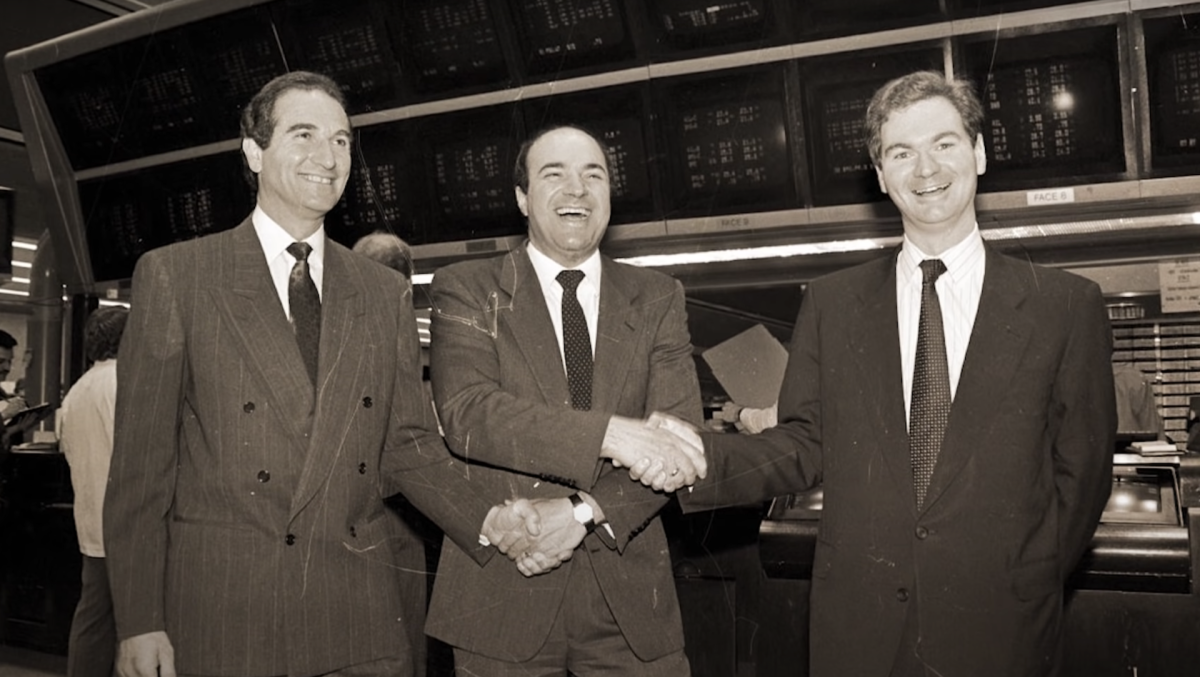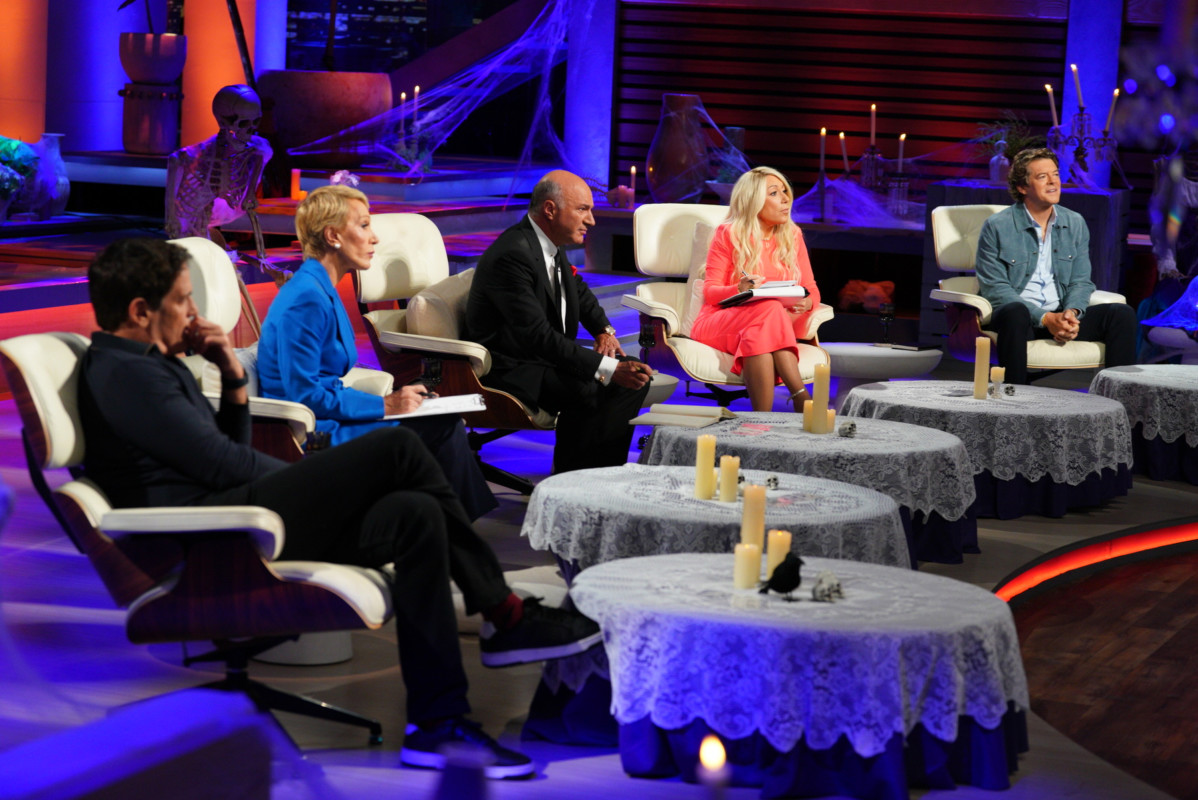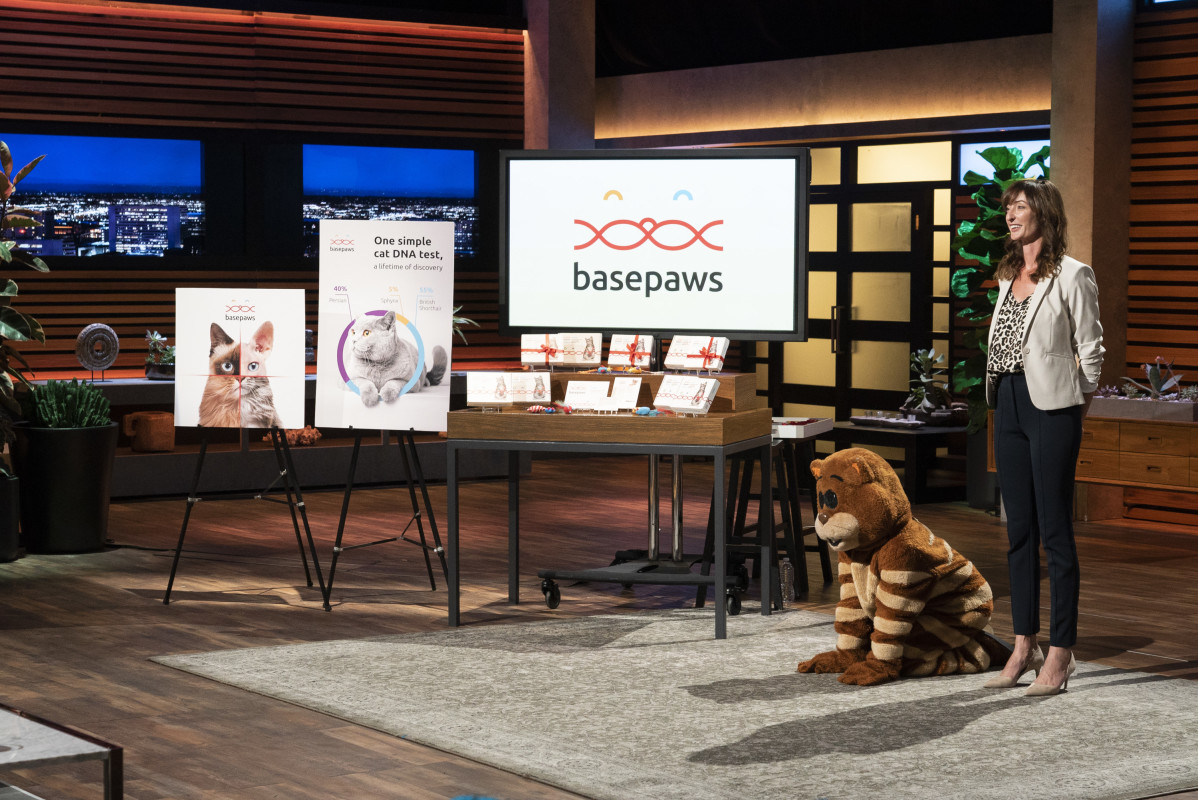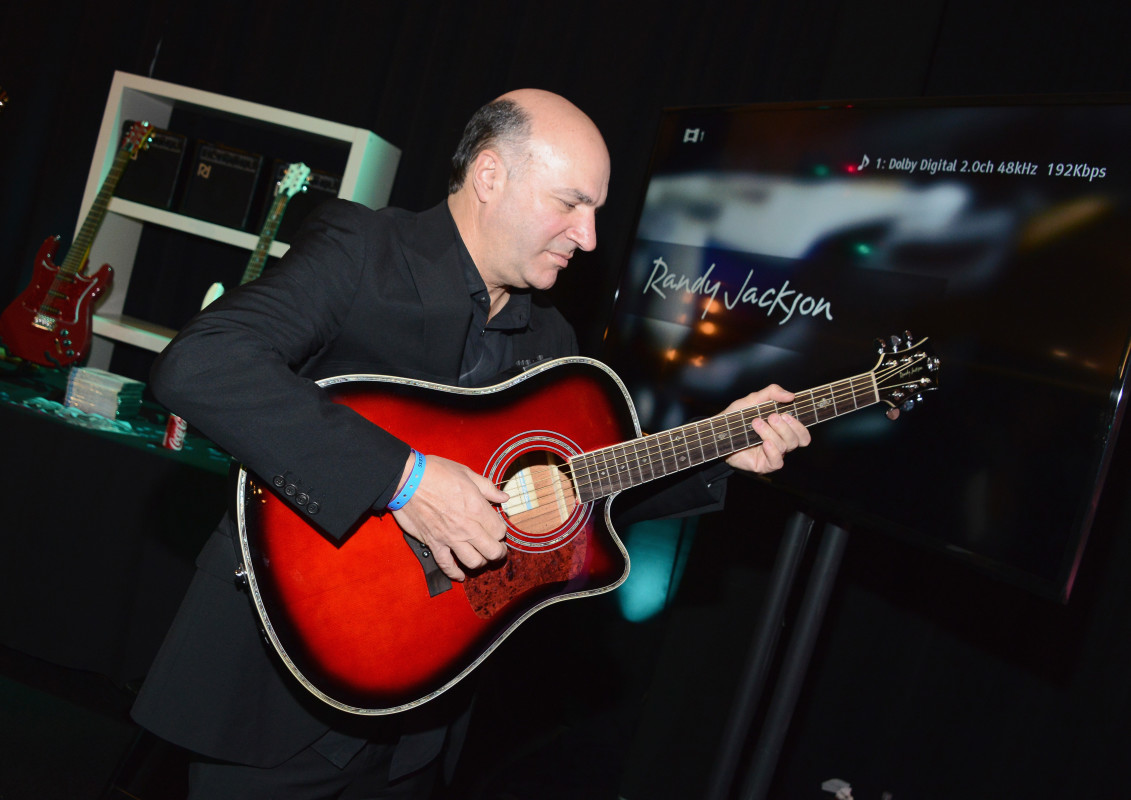
Who is “Mr. Wonderful” Kevin O’Leary?
Kevin O’Leary is best known as one of the “Shark Tank” startup-funding venture capitalists and an economic news pundit. He's an Irish-Canadian entrepreneur and investor who jumpstarted his business career by launching the educational software company Softkey. His story begins in the mid-80s down in a Toronto basement with his business partners.
O’Leary—or Mr. Wonderful, as he is playfully known to his fans and fellow venture capitalists—has served on the “Shark Tank" panel of judges since the show’s 2009 debut. He also appeared in the first eight seasons of the show’s Canadian counterpart and predecessor “Dragon’s Den.”

Despite his benevolent-sounding moniker, O’Leary has a reputation for being the blunt panelist on "Shark Tank." He's pictured regularly voicing criticisms of contestants’ business models and product pitches, sometimes earning a social media backlash as a result. Once, he jokingly offered a “Dragon's Den” contestant with whom he was less than impressed $100,000 to “burst into flames.”
But just how did the unapologetic businessman attain Shark status? And what is he worth now? Which “Shark Tank” deal has made him the most money?
What is Kevin O’Leary’s net worth? Is he the richest Shark on "Shark Tank"?
According to Celebrity Net Worth, Kevin O’Leary’s wealth was estimated to be around $400 million as of July 2023.
He is worth more than fellow "Shark Tank" panelists Daymond John ($350 million), Robert Herjavec ($300 million), Lori Greiner ($150 million), and Barbara Corcoran ($100 million), but Mark Cuban leads the school of sharks by a significant margin.
Related: Mark Cuban’s net worth: 'Shark Tank' investments, the Dallas Mavericks, and more
How did O’Leary get rich?
So, how did the “Shark Tank" version of Simon Cowell get his start in the business world? O'Leary was raised largely by his mother—a small business proprietor and amateur investor he credits with teaching him the fundamentals of saving, investing, and money management. As a kid, he grew up primarily in Quebec but also lived briefly in parts of Asia, Africa, and the Mediterranean as a result of his stepfather’s work with the UN’s International Labour Organization.
After completing his bachelor’s degree at Ontario’s University of Waterloo, he earned an MBA from the University of Western Ontario’s Ivey Business School, graduating in 1980. During school, he interned with Nabisco, a position he credits with cultivating the marketing acumen he would use to his advantage throughout the rest of his career.
After graduating, O’Leary co-founded a production company called Special Event Television with two of his business school peers, Scott Mackenzie and Dave Toms. The company saw moderate success producing sports entertainment shows like “Hockey Legends” and “Don Cherry’s Grapevine.” O’Leary eventually sold his stake in the entertainment venture to pursue a new avenue in business—software.
Kevin O'Leary and The Learning Company
In 1986, using the proceeds from the sale of his SET share and $10,000 in seed money from his mother, O’Leary (and two partners) founded Softkey, a venture that would eventually catapult him into the upper echelons of the business world. Softkey produced and sold educational software in CD format, gaining market share via a merger and acquisition spree in the early 90s, absorbing competitors like WordStar, Spinnaker Software, and The Learning Company (whose name Softkey used after its acquisition).

In 1999, Barbie producer Mattel purchased the company from O’Leary and his partners for $4.2 billion. This move didn’t pan out particularly well for Mattel, who fired O’Leary six months later. But between his $5 million dollar severance package and his share of the proceeds of TLC’s sale to Mattel, O’Leary was well on his way to merging his dual passions for business and entertainment into a lucrative television career.
Kevin O'Leary's net worth continues to grow
Next, O’Leary grew his wealth by turning a $500,000 investment in StorageNow Holdings into $4.5 million worth of capital gains upon the company’s eventual sale to competitor InStorage.
While he would continue investing and launching new business ventures—including an investment company and a wine brand—in the years to come, the mid-aughts marked the beginning of O’Leary’s rise to fame as a television persona via shows like “Dragon’s Den,” “Shark Tank,” and “The Lang and O'Leary Exchange,” a daily business news program he cohosted with journalist Amanda Lang from 2009 to 2014.

Which of O’Leary’s “Shark Tank” investments has made him the most money?
Since joining the cast of "Shark Tank," O'Leary has invested more than $8.5 million in ventures from the show. That's between 40 different businesses presented on the show.
On episode 21 of the 10th season, O’Leary invested $125,000 in Basepaws—which produced at-home genetic test kits for cats (later expanding to dogs as well)—for a 5% stake in the company. Three years later, the show announced that Basepaws was acquired by Zoetis, a large drug company focused on developing and producing vaccines and other medications for pets, for over $50 million. 5% of $50 million is $2.5 million, meaning O’Leary’s investment may have brought him a 20-fold return over three years.

When asked about the acquisition on a podcast, O’Leary implied that the deal was worth significantly more than the “over $50 million” announced by the show. A Q2 2022 earnings report from Zoetis revealed that $93 million was spent on acquisitions, and it’s possible that this entire sum went toward the purchase of Basepaws, as this was the only acquisition disclosed in the company’s filings for that quarter.
If $93 million was the real price of the acquisition, and O’Leary still had a 5% stake at the time of the sale, he could have come out of the deal with $4.65 million, increasing his investment more than 37-fold by the time he cashed out.
How does O’Leary spend his money?
O’Leary has always preached frugality, having internalized his mother’s “save or invest one-third of all income rule” from a young age. But that hasn’t stopped him from spending money on physical possessions.
O’Leary is a prolific collector of both watches and guitars. Luckily for him, these two product categories tend to appreciate in value over time, so he thinks of them both as possessions and investments.

Two of his most valuable watches include the Patek Philippe Aquanaut Luce Rainbow 7968/300R, which has an estimated market value of around half a million dollars, and the Rolex Daytona “Eye of the Tiger” 116588TBR, which may be worth around $200,000. Interestingly, he is most often seen wearing his timepieces with custom red wrist straps rather than the traditional straps they are typically adorned with.
Among his most notable axes are a 1961 Fender Stratocaster and a 1969 Fender Telecaster, which he told his wife would likely “go up in value more than the stock market until I’m dead.” He also invests in Fender and has a number of custom guitars from the company, as well as several Gibson Les Pauls, including one signed by the guitar’s legendary namesake, guitarist Les Paul himself.
One of O’Leary’s primary residences is a large, multi-story lakefront home on the shore of Lake Joseph in Ontario, Canada, that boasts multiple spacious decks and docks. He is also known to maintain dwellings in Boston and Toronto.
O’Leary is also a chef, and he reportedly spends quite a bit on food and dining. In a 2019 CNBC interview, he claimed to spend around $1,000 per day on food, explaining that he frequently dines for business and often grabs the table’s check himself.
Kevin O’Leary's famous nickname and political career
The true origin of Mr. Wonderful's nickname is unclear. In a 2016 interview with “Entertainment Weekly,” O’Leary claims he believes co-shark Barbara Corcoran may have bestowed it on him during the first season of “Shark Tank". But there are also reports that he referred to himself as Mr. Wonderful in a 2006 casting reel for “Dragon’s Den,” several years before “Shark Tank” began filming.
In 2016, O’Leary stated that he would provide an investment of $1 million in Alberta’s economy in exchange for the resignation of Rachel Notley, then-Premier of Alberta and member of the Alberta New Democratic Party. The following year, he ran for the leadership of the Conservative Party of Canada, although he dropped out of the race later that year citing a lack of support in Quebec.
Get exclusive access to portfolio managers and their proven investing strategies with Real Money Pro. Get started now.







